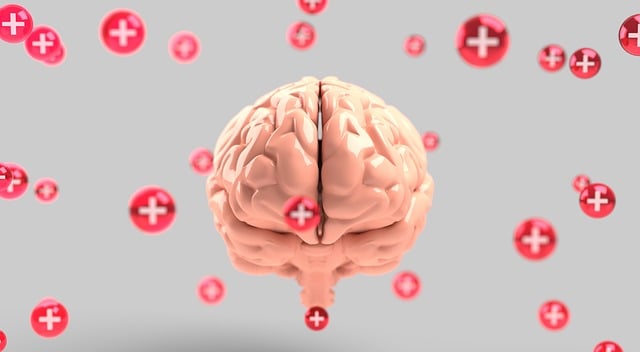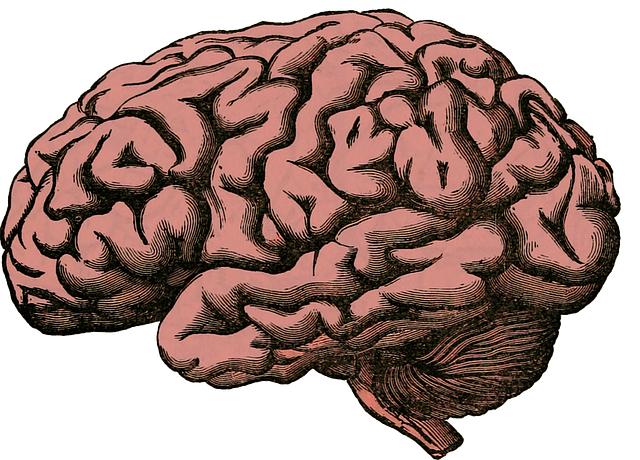Littleton ADD-ADHD Therapy prioritizes comprehensive risk assessment and management for optimal mental health care. Through tailored strategies, stress workshops, and self-care routines, they empower clients to manage triggers. The therapy center addresses trauma-related emotions, offers community outreach to dispel misconceptions, and implements stigma reduction efforts. Their proactive approach ensures a safe, effective environment, fostering resilience and support for individuals with ADD-ADHD.
In the field of mental health, risk assessment is a vital tool for ensuring patient safety. For professionals specializing in ADD-ADHD therapy, like those found in Littleton ADD-ADHD Therapy, understanding and managing risks are paramount. This article explores comprehensive risk assessment techniques, delving into common challenges within ADD-ADHD treatment and offering effective strategies to mitigate potential hazards. By equipping mental health practitioners with knowledge and tools, we foster a safer and more supportive therapeutic environment.
- Understanding Risk Assessment in Mental Health Practice
- Common Risks and Challenges in ADD-ADHD Therapy
- Strategies for Safe and Effective Risk Management
Understanding Risk Assessment in Mental Health Practice

Risk assessment is a cornerstone of mental health practice, enabling professionals to identify potential hazards and implement preventative measures tailored to each client’s unique needs. It involves a systematic process of evaluating factors that could negatively impact a patient’s well-being, including their history, current circumstances, and anticipated future risks. At Littleton ADD-ADHD Therapy, we understand the vital role this plays in ensuring safe and effective treatment.
By integrating self-care routine development for better mental health and resilience building strategies into our approach, we empower individuals to manage stress and mitigate potential triggers. Moreover, organizing stress management workshops equips clients with valuable tools to navigate challenges and foster a sense of control. This proactive risk assessment and mitigation process is fundamental in promoting positive outcomes and fostering a supportive environment for all those seeking mental health support.
Common Risks and Challenges in ADD-ADHD Therapy

Mental health professionals working with individuals diagnosed with Attention-Deficit/Hyperactivity Disorder (ADD-ADHD) face unique challenges. One significant risk is the potential for intense emotional reactions from clients, as treatment may trigger past traumas or unprocessed emotions related to their disorder. Effective Littleton ADD-ADHD Therapy requires therapists to be attuned to these subtleties and have robust trauma support services in place.
Additionally, managing client expectations is crucial. Many individuals and their families come to therapy with preconceived notions about what treatment will look like, which can create challenges if their understanding diverges from evidence-based practices. A well-implemented Community Outreach Program can help bridge this gap by educating the community about ADD-ADHD and the benefits of professional support. Moreover, thorough Risk Management Planning for Mental Health Professionals is essential to ensure a safe and supportive therapeutic environment for both clients and practitioners.
Strategies for Safe and Effective Risk Management

In the realm of mental health professionals, risk management is a multifaceted strategy that combines robust clinical skills with proactive safety measures. To ensure both client well-being and professional resilience, therapists must adopt comprehensive approaches that seamlessly integrate into their practices, such as those offered by Littleton ADD-ADHD Therapy. This involves regular training in risk assessment tools and techniques to identify potential hazards early on, whether they stem from client disclosures or internal factors. A robust Mental Wellness Podcast Series Production can serve as a platform for sharing best practices and staying informed about emerging risks.
Additionally, fostering open communication channels within a Community Outreach Program Implementation can facilitate the early detection of at-risk individuals and promote effective intervention strategies. Mental Illness Stigma Reduction Efforts play a pivotal role in creating an inclusive environment where clients feel empowered to disclose vulnerabilities without fear of judgment. By seamlessly integrating these initiatives, mental health professionals can enhance their risk management capabilities, thereby delivering safer and more impactful services.
Mental health professionals play a vital role in helping individuals with ADHD navigate their challenges, but this work isn’t without risks. By understanding common risks like emotional exhaustion and potential triggers associated with ADD-ADHD therapy, practitioners can employ effective risk management strategies. These include establishing clear boundaries, staying updated on evidence-based practices, and prioritizing self-care. Embracing these approaches ensures safe and successful Littleton ADD-ADHD Therapy while fostering resilience in both the therapist and their clients.














